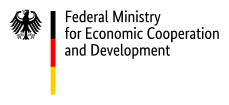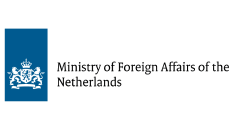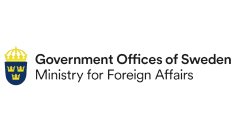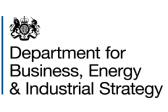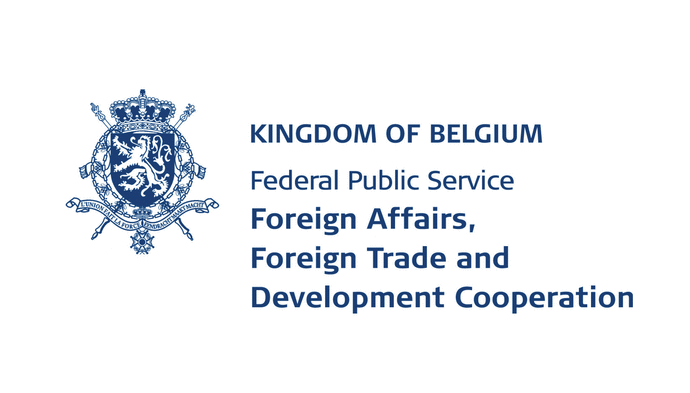Pacific Energy Access Fund - Growing a Pipeline of Renewable Energy Projects

The NDC Partnership, through support from the United Kingdom, is supporting the government of Fiji in developing a private-sector-led renewable energy funding facility — the Pacific Energy Access Fund (PEAF) — that is designed to significantly grow a pipeline of renewable energy projects in Pacific Island countries through highly capitalized, blended financing.
Given that Pacific Island countries rely heavily on expensive, emissions-intensive fossil fuel imports for electricity generation, it is imperative for these countries to drastically increase renewable energy use. And while this need is recognized by the individual island countries as well as by the larger international community, efforts thus far to finance the increase of renewables have been inconsistent and fraught with challenges, including financial risks brought about by small and fragmented markets and the relatively small scale and volume of projects, legal risks arising from diverse regulatory frameworks and technical and operational risks due to knowledge gaps and limited reliable data. These risks have resulted in market inefficiencies, the current high cost of capital and an ad-hoc, piecemeal approach to renewable energy projects in the Pacific, with most projects across the region still requiring substantial development partner financing.
The PEAF aims to reduce these risks and attract private-sector investment at scale and provide an end-to-end investment solution for renewables in Fiji and throughout the Pacific. The funding facility is structured as two linked vehicles: a development fund and a construction/yield fund. The development fund is to be a donor-funded USD 10 million vehicle with the financial objective of long-term capital preservation. It will support the development of a proprietary pipeline of investible renewable energy projects for sale to the construction/yield fund, leverage existing regional and international advisory groups to overcome limited local capacity and provide decision support to governments, utilities and landholders. The yield fund will acquire projects from the development fund and then fund the construction of the projects. Structuring PEAF with two different funds limits private-sector exposure to development risk. Over time, and subject to market conditions, the yield fund will seek to refinance or securitize operating assets under a listed green bond.
Feasibility assessments of the funding facility identified more than USD 170 million in potential projects. The facility aims to support the installation of more than 150 megawatts of renewable energy infrastructure, producing more than 200 gigawatt hours per year. This would displace 1.5 billion tons of diesel, avoid more than four million tCO2e over the life of the fund and generate more than 1,000 jobs in the region.
While still in its infancy, the PEAF is attracting a lot of interest from investors. This includes private-sector investors as well as national governments. The fund is being carried forward by Pollination Group, a specialist climate change investment and advisory firm.

